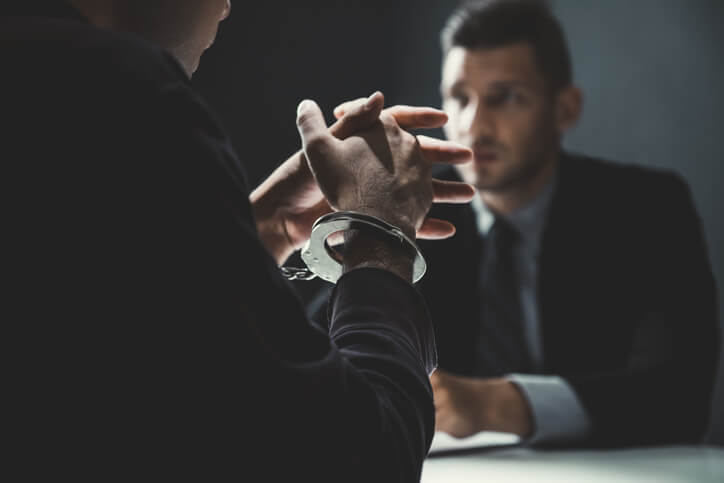In the eyes of the U.S. criminal justice system, a defendant is innocent until proven guilty. The prosecution carries the burden of proving a defendant guilty beyond a reasonable doubt. This is the highest burden in U.S. law and rightfully so. When a defendant is facing criminal charges, there is much at stake. Incarceration, fines, probation, restrictions on housing and work opportunities, and an indefinitely tarnished reputation hang in the balance. While the burden of proof officially rests with the prosecution, the defense should be prepared to mount a rigorous strategy in order to not only undermine any case the prosecution presents but to also consider presenting the court with evidence that the defendant did not or could not have committed the crime in question. The details of a defense strategy will, of course, vary greatly under the circumstances of each particular case. In certain instances, for example, an alibi defense can be an effective way of showing the court that the defendant could not have committed the crime the accused is being charged with.
What is the Alibi Defense?
An alibi defense really says that the defendant could not have committed a crime because he or she was somewhere other than where the crime was being committed at the time it was being committed. It is not likely, however, to be enough for the defense team to merely raise this defense in court. The defense must be prepared with evidence to support such an assertion.
Now, you may at first think that the best way to support an alibi defense is simply to put the defendant on the witness stand to testify under oath that he or she was somewhere else when the crime occurred. This, however, is often not the best course of action. First of all, the defendant may not be viewed as the most credible witness to testify truthfully to an alibi as the defendant is so deeply and personally invested in the outcome of the case. Second of all, putting the defendant on the stand makes them vulnerable to all manner of attacks. The credibility of the defendant can be impeached in a number of ways by the prosecution once on the stand. Furthermore, the defendant may then be exposed to questions about other crimes he or she may have committed but has not been charged with yet.
Instead, to prove an alibi, the defense should consider presenting other witnesses that can place the defendant in a different location at the time of the crime. While this may include people such as friends or family, it can be more powerful to present disinterested witnesses with no personal relationship with the defendant. These people are often viewed as being more credible, as the lack of personal relationships makes them appear to be more impartial and objective in their testimony.
Purely objective evidence can be powerful in supporting an alibi defense. Video recordings from surveillance cameras, among other recording devices, can be extremely valuable to an alibi defense. Things such as sign-in sheets and receipts can also be powerful pieces of evidence to support an alibi defense.
Kentucky Criminal Defense Attorney
If you are being charged with a crime, do not hesitate to get in touch with the dedicated criminal defense team at Dickman Law. We are prepared to fight for you. Contact us today.
Posted in: Criminal Defense

